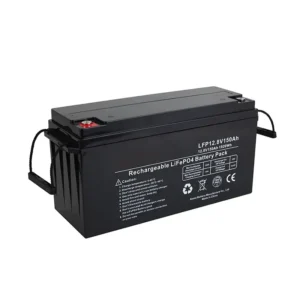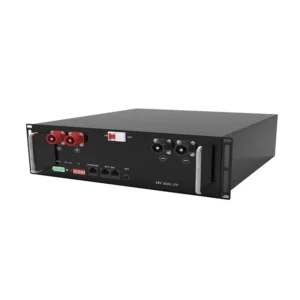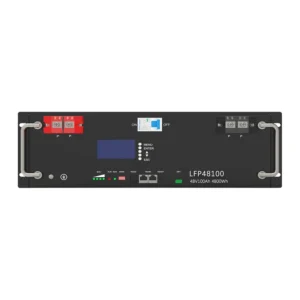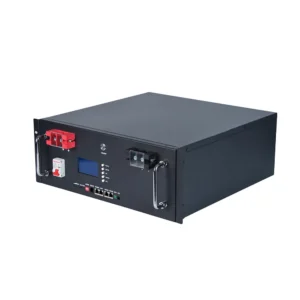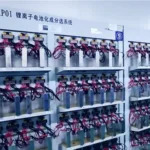Find The Right LFP Battery
For Your Business Application Product
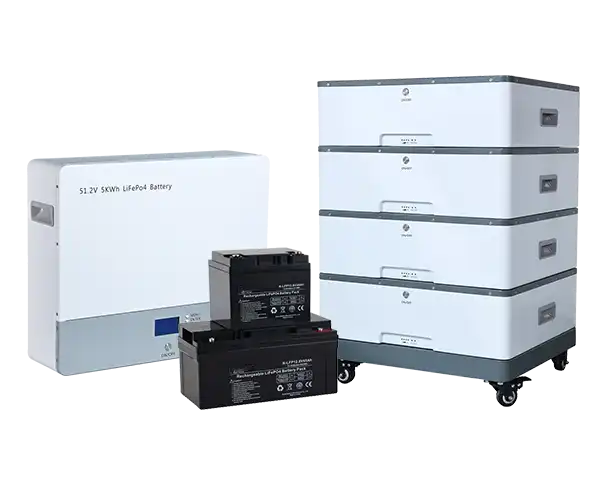
LiFePo4 Batteries
LiFePO4 battery is currently the safest lithium battery, higher capacity, lighter weight and longer life. include advanced battery management system(BMS) that enables communication and active monitoring.
- Safer LiFePO4 chemical
- 40% of the weight of lead-acid battery
- 5 years warranty, 10 years lifespan
- Custom or finished product optional
- Stable production capacity, 2-15 days, lead time, Low MOQ
Advantages of LiFePO4 Batteries
LiFePO4 batteries are safer, lighter, longer life, faster charging speed, and can operate in a wider temperature range.
Safe and Stable
Long Cycle Life
High Temperature Tolerance
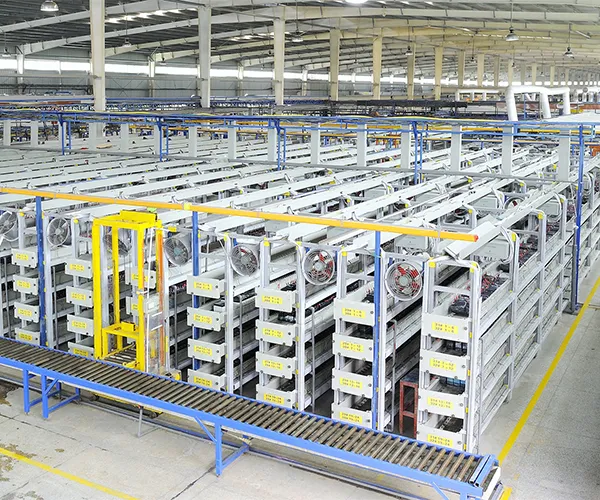
High Energy Density
Fast Charging
Environmentally Friendly
Why Choose Us?
Choose our LiFePO4 batteries for your energy storage needs and enjoy the benefits of a reliable, safe, and cost-effective solution.

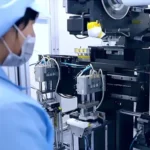
Contact Us to Start Your Business
We provide end-to-end support to help you launch and grow your battery business. Let us guide you on the path to success.
FAQ About LiFePo4 Batteries
Top questions you need to know about LifePo4 batteries
A lithium iron phosphate battery (LiFePO4) is a type of rechargeable battery that uses lithium iron phosphate (LiFePO4) as the cathode material. LiFePO4 batteries are known for their high energy density, long life, and safety. They are often used in applications where a long service life and a high level of safety are required, such as electric vehicles, solar power storage, and backup power systems.
LiFePO4 batteries work by storing and releasing energy through a chemical reaction between the lithium ions and the iron phosphate cathode. When the battery is charged, lithium ions move from the cathode to the anode, and when the battery is discharged, the lithium ions move back to the cathode.
LiFePO4 batteries have several advantages, including long cycle life, high energy density, low self-discharge, wide temperature range, and superior safety.
LiFePO4 batteries have a long cycle life, typically rated for 2000-5000 charge/discharge cycles. With proper maintenance and care, they can last up to 10 years or more.
LiFePO4 batteries are used in a wide range of applications, including electric vehicles, solar energy storage systems, uninterruptible power supplies (UPS), marine and RV applications, and more.
LiFePO4 batteries can be discharged at a wide range of discharge rates. However, it is important to not discharge the battery below 2.5 volts per cell. Discharging the battery below 2.5 volts per cell can damage the battery.
LiFePO4 batteries should be charged using a compatible charger that is designed for this type of battery. It is important to follow the manufacturer’s instructions for charging to ensure safe and effective charging.
The cost of LiFePO4 batteries varies depending on the size and capacity of the battery, as well as the manufacturer and retailer. Generally, LiFePO4 batteries are more expensive than other lithium-ion batteries, but their long lifespan and superior safety can make them a cost-effective choice in the long run.
LiFePO4 batteries require minimal maintenance, but it is recommended to avoid overcharging, deep discharging, and exposing them to high temperatures.
LiFePO4 batteries should be stored in a cool, dry place with a partial charge, around 40-60% of their capacity.
LiFePO4 batteries should be stored in a cool, dry place with a partial charge, around 40-60% of their capacity.
To choose the right LiFePO4 battery, it is important to consider the required capacity, voltage, and discharge rate, as well as the physical dimensions and weight.
The future of LiFePO4 batteries is expected to focus on increasing energy density, improving performance at low temperatures, and reducing costs through mass production and new manufacturing techniques.




